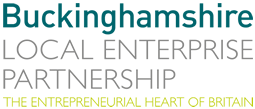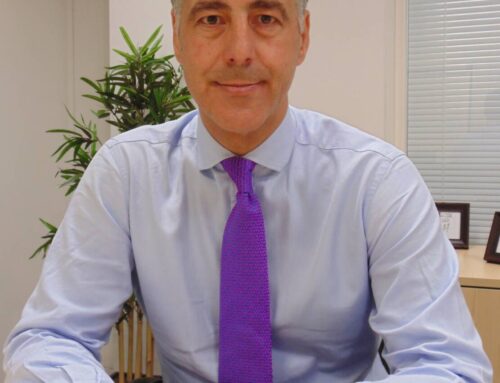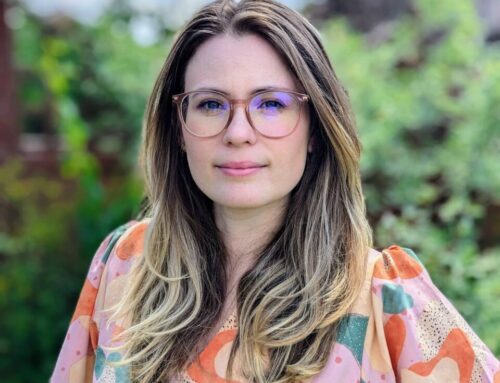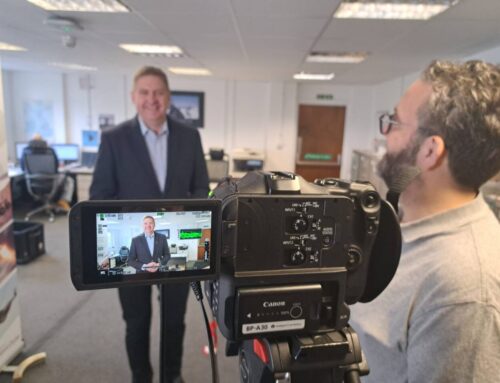Our voice of business this month is:
Professor James Tooley, Vice-Chancellor of The University of Buckingham

Since its inception, the University of Buckingham has always been at the forefront of innovation, so its response to lockdowns and post-lockdown has been characteristic of its entrepreneurialism. Nearly 50 years ago, the pioneers who created the University College of Buckingham, as it was then, noted that some students were unhappy that universities closed their doors for three months in the summer. So they created the first ever two-year degrees.
With an extra term during the summer months, the University was able to condense the time required to fulfil degree requirements, without students missing out on any teaching time. The regulatory body, however, insisted that degrees were for three years not two, and refused to recognise our output. Undeterred, the University negotiated with professional associations and other universities to recognise our “licenses” as equivalent to degrees. It worked, with our graduates gaining access to the professions and higher degree opportunities elsewhere. Eventually we got our Royal Charter in 1983, and with it full degree-awarding powers in perpetuity.
This innovative streak has continued, with the University of Buckingham’s first private Medical School to open for a hundred years or more. When the first lockdown was announced at the end of March 2020 and it became clear that face-to-face teaching and learning was no longer possible, we had two weeks to move all of our teaching online before the Spring Term started in April. It turned out that our signature small-group tutorials lent themselves relatively well to Teams and Zoom. Initially we also simply transferred our lectures across to online delivery. But this was less than satisfactory. It was much harder to engage students for a one hour – or sometimes longer – lecture online than in person. So we experimented with different approaches and came up with several new models, including delivering the content in 15-minute bite-size chunks, with online quizzes and polls to check understanding before proceeding.
Many of the University’s academics feel that the potential of online delivery has been a silver lining to lockdown’s clouds. There is enthusiasm for hybrid online/face-to-face models of learning once the current crisis is over, and for exploring new markets for entirely online learning.
I am not entirely convinced. A lot depends, of course, on what governments, here and overseas, do next. If lockdowns really do come to an end on June 21st here in the UK, and other countries follow suit soon after, it may be that the most innovative and entrepreneurial thing that the University of Buckingham can do is to return to fully face-to-face teaching and learning as quickly as possible: I am writing from my office at the University of Buckingham where, very unusually, several people came in for face-to-face meetings today. The experience is entirely different – and so much better – than the online meetings we’ve all grown accustomed to. For students too, the buzz and energy, excitement even, of engaging with real people in a physical room may completely outweigh any of the acknowledged benefits of online learning. A university that moves as quickly as possible to embrace this possibility may be the one that is considered most in tune with the times when we come to judge how higher education fared during this crisis.









